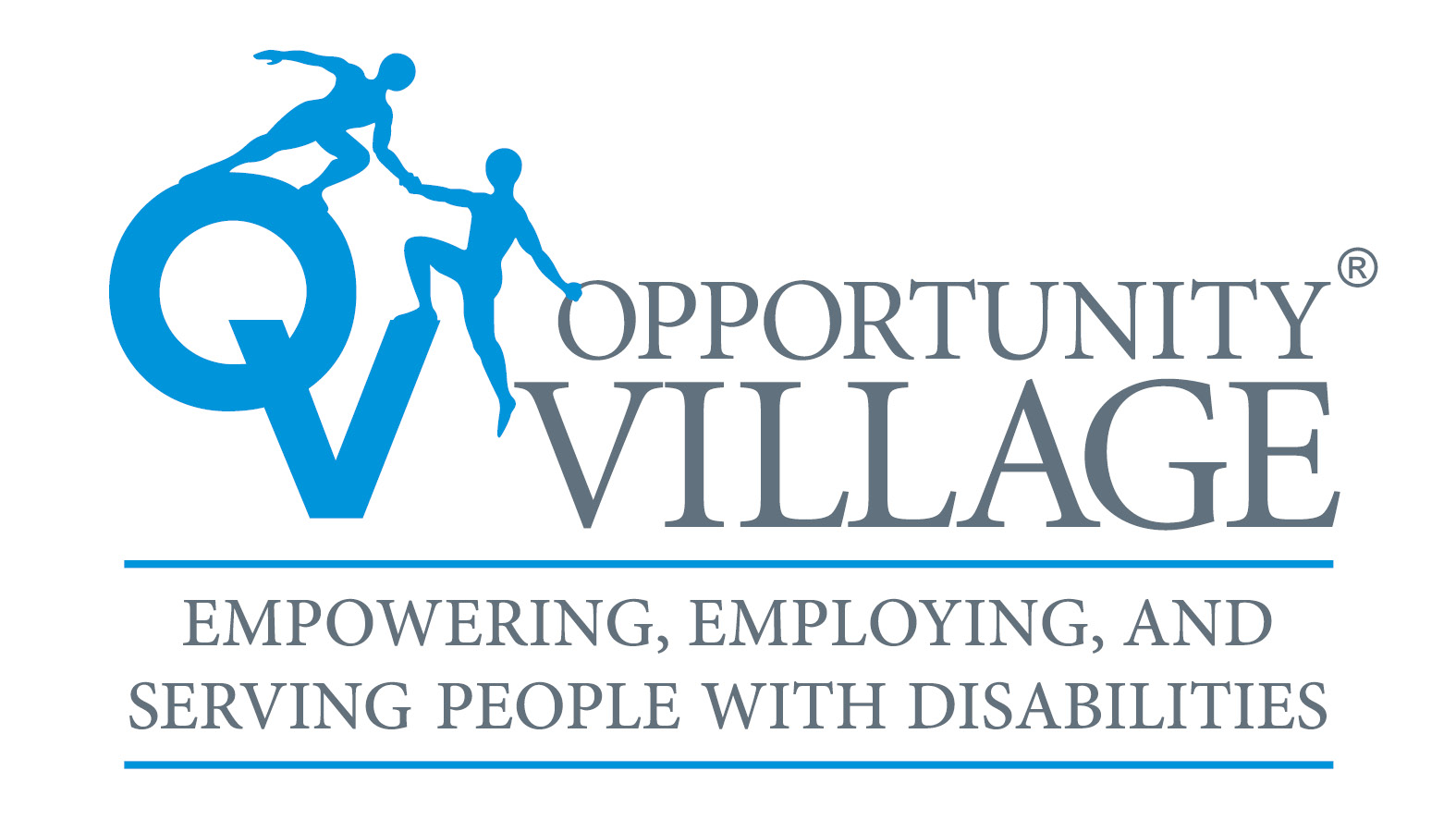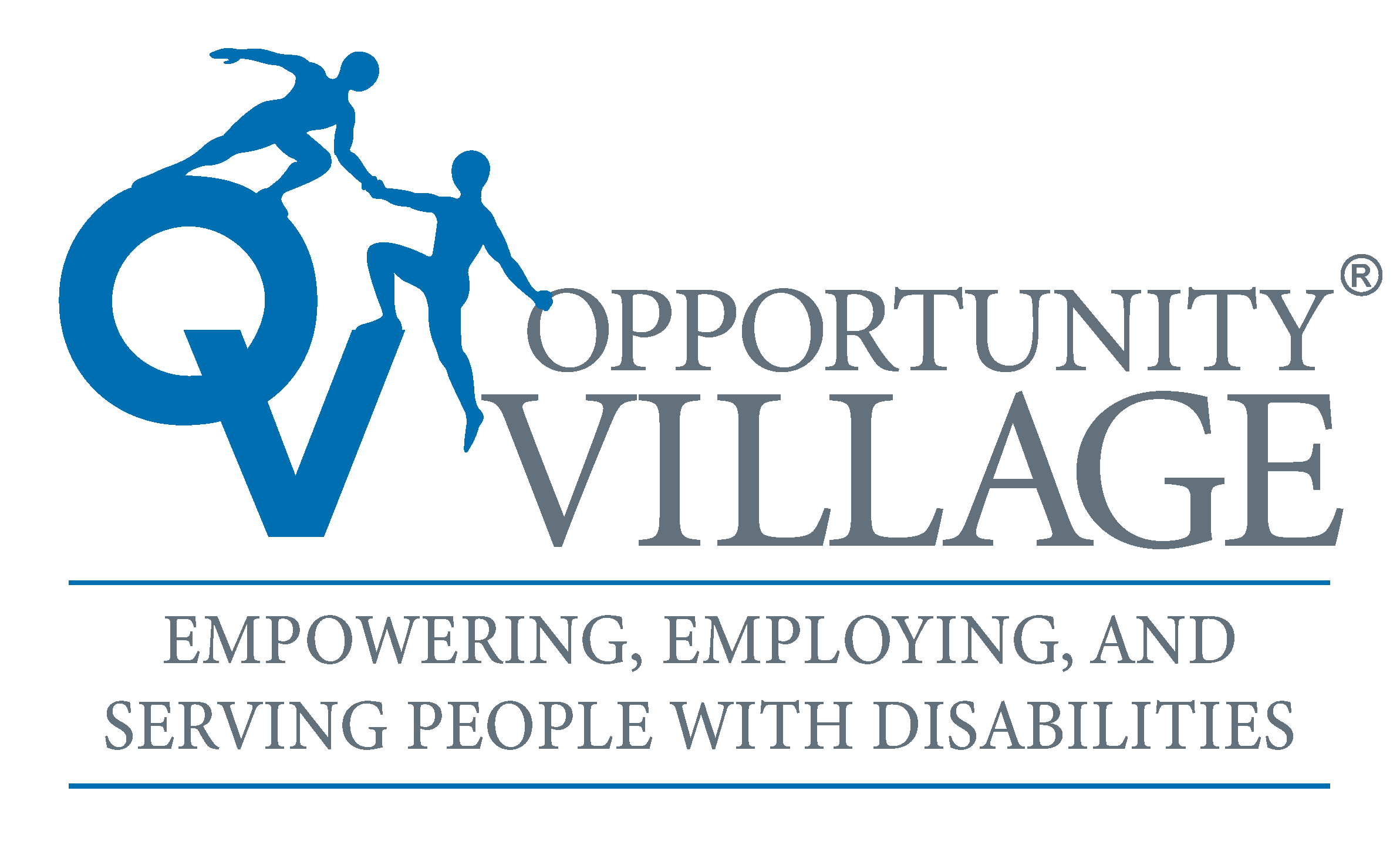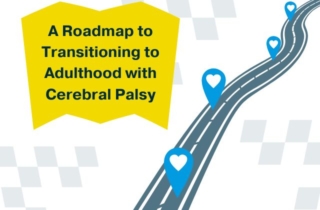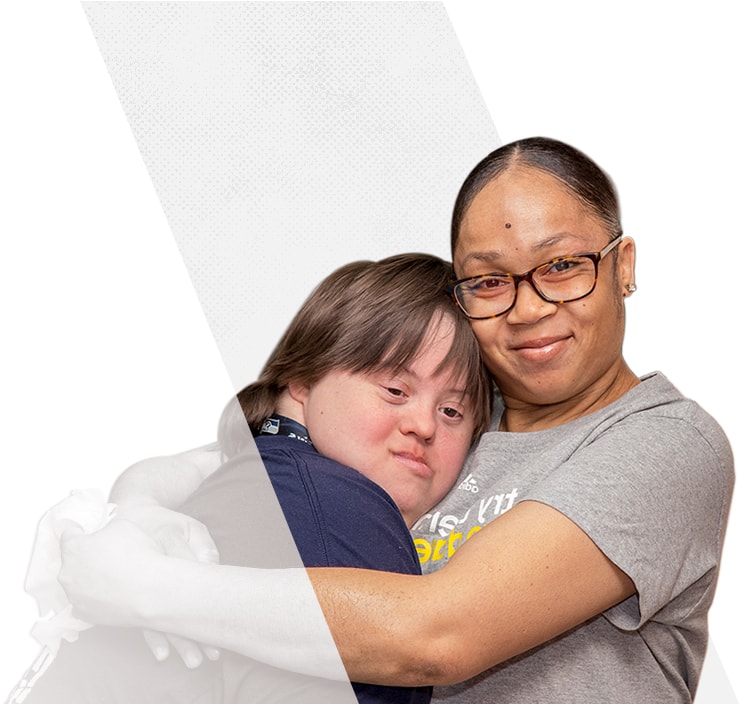A Roadmap to Transitioning to Adulthood with Cerebral Palsy
Cerebral palsy is a lifelong condition. So, for children with cerebral palsy, adulthood will present unique challenges but also new opportunities to live independently and thrive. With the support of their parents or guardians and community, the transition into adulthood can be smooth and joyful. Here is how to provide the support your child needs as they move into the next stage of life with cerebral palsy. What Types Of Support Do Adults With Cerebral Palsy Need? Parents looking to address the support needs of their children with cerebral palsy into adulthood need to first understand how the disease progresses
Why We Celebrate Disability Pride Month in July
2024 marks the 24th anniversary of the passing of the Americans with Disabilities Act, a landmark piece of legislation that broke the barriers and opened the world to Americans with disabilities in 1990. The act went into effect on July 26th, which is why we reserve July as Disability Pride Month to assess where we are, celebrate how far we’ve come, and set goals for making things even better for Americans with disabilities going forward. The Arc, the largest national community-based organization advocating for people with intellectual and developmental disabilities and their families, is celebrating Disability Pride Month 2024 with
Best of Las Vegas: Award-winning Programs for People with Special Needs
We’re honored to have won Gold in a contest with 9.9 million voters behind it — the Best of Las Vegas 2023 for programs that serve people with special needs. To that end, we’ve compiled a quick rundown of what makes our disability services special. Here’s how we do it, why it matters, and how you can get involved. What Is the Best of Las Vegas contest? The Best of Las Vegas recognizes organizations, local businesses and nonprofits for their outstanding contributions and services to the community. Voted by the public, winning this award signifies excellence, dedication, and a strong
6 Ways to Foster Independence in People with Intellectual and Developmental Disabilities
As a caregiver, fostering independence in your loved one with intellectual or developmental disabilities (IDD) is vital. But it can feel daunting. We’re here to help — this guide aims to empower you with practical strategies and advice, ensuring that your loved one feels supported on their path towards more autonomy. Let’s get started. 1. Assess Individual Needs — What Are Their Unique Abilities and Challenges? The best way to start is to deep dive into the person’s unique abilities and challenges. This probably means a tailored approach (with input from the person themselves, if possible) based on comprehensive evaluations
Safe and Supportive Housing Options for Adults with Disabilities
Independence and the ability to live a full and fulfilling life is a goal for families of adults with disabilities everywhere. One huge stepping stone to the independence goal is finding the right place to live. Housing for adults with disabilities is not a “one-size-fits-all” thing. What works for one individual and their family may not work for another, so it’s important for families to get acquainted with all of the different options out there before deciding what may be the best fit. The Different Housing Options Available For Adults With Disabilities When choosing the right housing fit, there are
A Caregiver’s Guide to the 5 Essentials of Creating an Accommodating Home
Whether welcoming an adult loved one into your home long-term or preparing for changing care needs as they age, your living space can nurture independence, belonging and dignity through inclusive design. We’re here to help — this guide will take you through five major considerations to get you started. 1. Understand Their Individual Needs Assess strengths and challenges with their support team Comprehensive assessments will thoroughly describe your loved one's abilities, needs and any functional, medical, emotional or behavioral health considerations. Occupational therapists can evaluate mobility, self-care and daily living skills while doctors screen for medical conditions and nurses review









